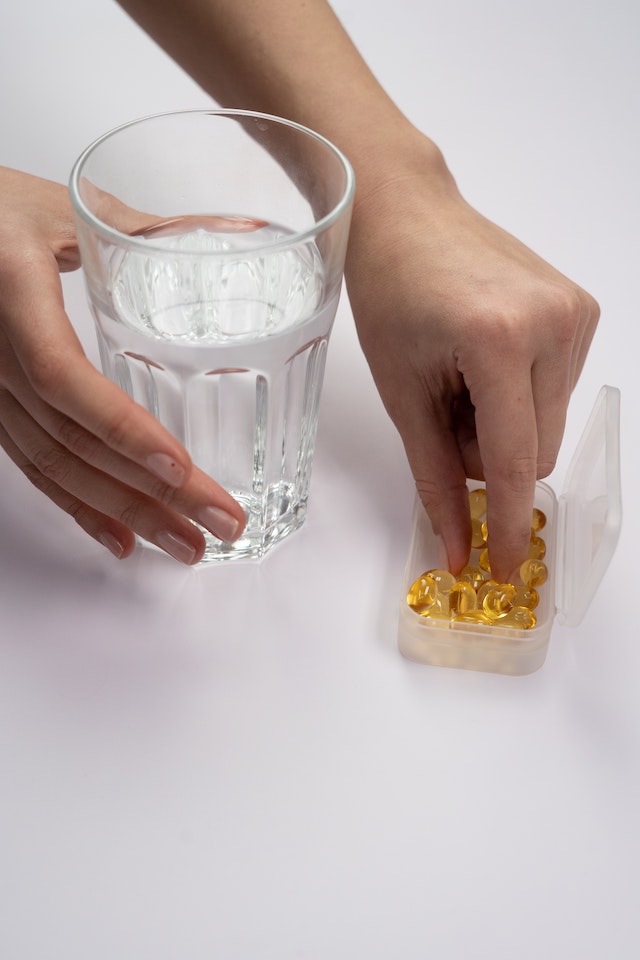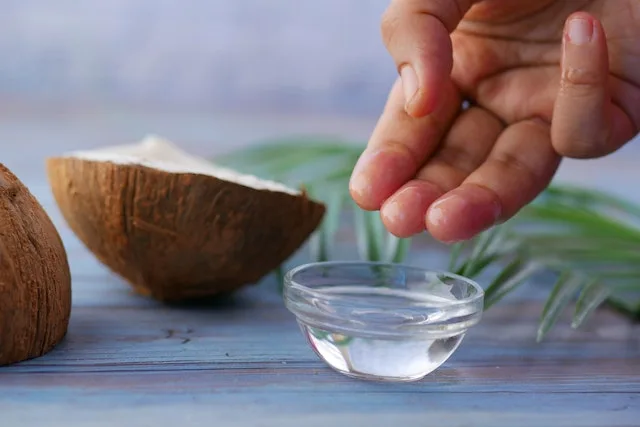Disclosure:
The Knowledge Guide may earn a commission when you purchase through links on our site. As an affiliate, we only promote products and services that we believe in and use ourselves.
Vitamin D for Chronic Pain: What You Need to Know
Chronic pain is a common condition that affects millions of people worldwide. It can be caused by a variety of factors, including injury, illness, and aging. Many people with chronic pain turn to over-the-counter pain medications, prescription drugs, or physical therapy to manage their symptoms. However, there is growing evidence that vitamin D may also play a role in pain management.
Vitamin D is an essential nutrient that is produced in the skin when exposed to sunlight. It is also found in certain foods, such as fatty fish, egg yolks, and fortified dairy products. Vitamin D plays a crucial role in maintaining healthy bones, but it also has other important functions in the body, including regulating the immune system and reducing inflammation.
Research has shown that low levels of vitamin D are associated with an increased risk of chronic pain conditions, such as fibromyalgia, chronic fatigue syndrome, and chronic low back pain. One study found that patients with low vitamin D levels were more likely to report moderate to severe pain than those with normal levels.
How does Vitamin D work for Chronic Pain?
There are several ways in which vitamin D may help reduce chronic pain:
Reducing inflammation – Vitamin D has anti-inflammatory properties that may help reduce pain caused by inflammation.
Nerve function – Vitamin D plays a role in nerve function, and low levels may contribute to nerve pain.
Bone health – Chronic pain conditions can lead to bone loss, and vitamin D helps maintain healthy bones.
Immune system – Vitamin D helps regulate the immune system, which may be involved in the development of chronic pain conditions.
How to get Vitamin D for Chronic Pain?
The best way to get vitamin D is through exposure to sunlight. Spending 10-15 minutes in the sun each day can provide enough vitamin D for most people. However, this can be difficult for people who live in areas with limited sunlight or who spend most of their time indoors.
Foods that are high in vitamin D include fatty fish, egg yolks, and fortified dairy products. Supplements are also available, and they can be a convenient way to ensure that you are getting enough vitamin D.
It is important to talk to your healthcare provider before starting any new supplements or making changes to your diet. Your provider can help determine if you are deficient in vitamin D and if supplements are right for you.
Vitamin D may be a useful tool for managing chronic pain. Low levels of vitamin D are associated with an increased risk of chronic pain conditions, and increasing vitamin D intake may help reduce pain and inflammation. Talk to your healthcare provider about whether vitamin D supplements are right for you, and be sure to get plenty of sunlight and eat a healthy diet to maintain overall health.
For most patients, taking 1000 IU (international units) of Vitamin D3 per 25 pounds of body weight is a good starting point. Most patients can take 5000 IU of Vitamin D3 per day as a starting dose for the average sized person.
Dr. Rainier Guiang is a board certified specialist in chronic pain management and practices in southern California at University Pain Consultants.







